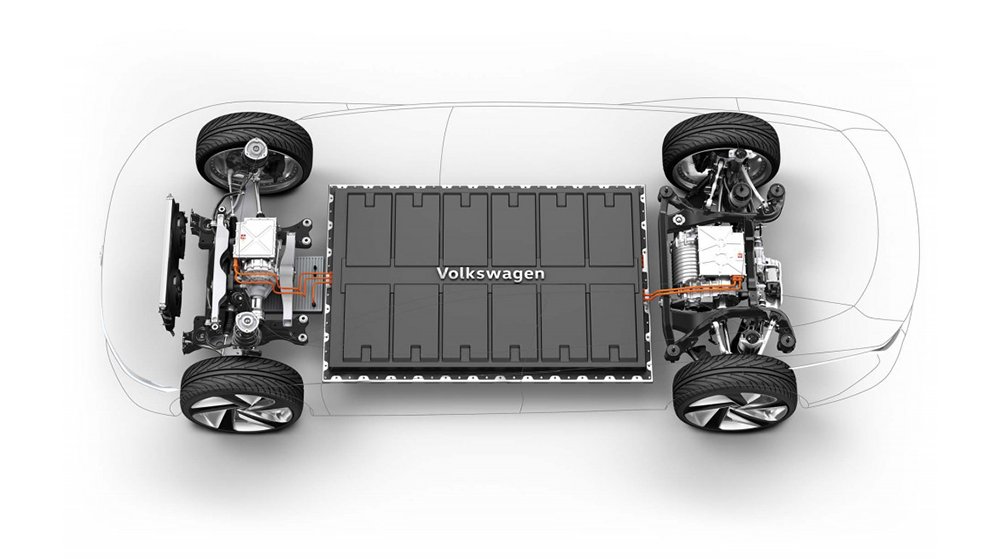
Here’s all you need to know….
With the upcoming launch of the ID3, VW automaker’s inaugural next-gen-all-electric car based on its new MEB platform, there is much to understand about its battery warranty, including the official charge rate. While drivers need not worry about the reliability of their batteries, as Volkswagen stands by its guarantee that the batteries will retain at least 70 percent of their usable energy capacity even after eight years or 160,000 kilometers, there are different sizes available that will suit one’s individual needs.
Differing sizes mark a deviation in comparison to the approach taken with the brand’s current range of electric vehicles.
For example, for those motorists who don’t choose to travel long distances regularly, they can opt for a battery that has a relatively low energy content. As a result, their vehicle will come at a lower cost. But for those who go the long haul, a larger battery, which will offer more flexibility, will be the better choice. Depending on whichever battery is chosen, a maximum range of about 330-550 kilometers can be realized.
VW went a step further to ensure that the batteries are able to accommodate a charging capacity of up to 125 kW, which is higher than anything achieved to date in the ID.3 segment. These batteries boast a fast-charging ability and shorter changing stops.

Moving forward, VW is on tap to launch the production version of the ID.3 later this year, which will be followed by a series of new and exciting ID electric vehicles. The compact-class model is the first member of the ID family and represents a new generation of progressive electric vehicles whose lithium-ion batteries will allow for a range of up to 550 kilometers, making the model a perfect fit for those longer excursions.
With this launch, though, comes the announcement of the charge rate — which is discouraging.
But there is good news.
Despite the news that the charge rate of 125 kW is considered low by some, there is no doubt that the VW brand’s battery warranty is on par wit the rest of the industry even with the new standard that has been set at 150 kW for many cars in 2019.
That new standard is made clear in the Tesla which updated all of its line up this year to take between 200-250 kW as well as Porsche, which plans to launch its Taycan later this year with a whopping charging capacity of 350 kW.

That being said, there is no other EV in the compact segment that can achieve VW brand’s 125 kW, like the ID3.
VW is planning the launch of several SUVs, crossovers and sedans between 2020-2022. If those cars are stuck at the 125 kW DC fast-charging capacity then they will unfortunately fall behind when it comes to this front.
It is important, above all, to determine which battery size is your perfect fit in light of what type of driving you plan to do over time. Reliability is a given when it comes to VW batteries, but take a moment to determine if the charge rate is suitable for your needs. The ID3 is affordable as they come so the charge rate may be more than decent considering the overall benefits.



